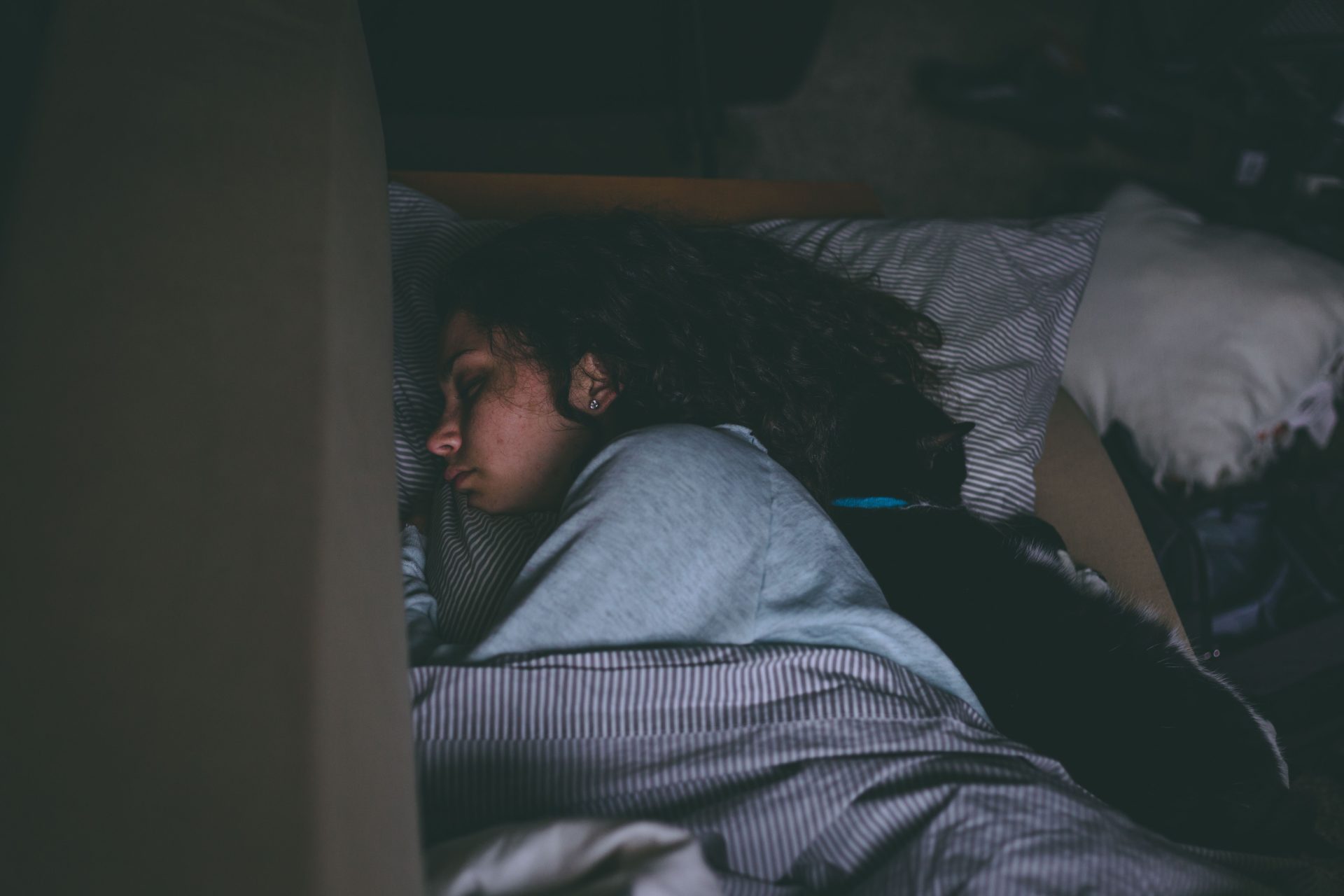Getting better sleep is a common desire for many, especially those with ADHD. Listed below are tips and recommendations on how to get better sleep.
Without good sleep, the body and mind do not feel and perform at optimum levels. Sleep is a powerful restorative process. It helps us function better physically, emotionally, and metabolically. It helps us consolidate and form our memories, and has a direct effect on our attention and behavior.
Many things in life are not the same without a good night’s sleep. Sleep is a basic biologic need. We need to respect the fact that your body needs a specific amount of sleep to function. Insuring adequate total sleep time is integral in feeling well rested.
SLEEP HYGIENE TIPS:
Maintain a regular sleep routine
-
- Go to bed at the same time. Wake up at the same time. Ideally, your schedule will remain the same (+/- 20 minutes) every night of the week.
Avoid naps if possible
-
- Naps decrease the ‘Sleep Debt’ that is so necessary for easy sleep onset.
- Each of us needs a certain amount of sleep per 24-hour period. We need that amount, and we don’t need more than that.
- When we take naps, it decreases the amount of sleep that we need the next night – which may cause sleep fragmentation and difficulty initiating sleep, and may lead to insomnia.
Don’t stay in bed awake for more than 15-20 minutes
-
- If you find your mind racing, or worrying about not being able to sleep during the middle of the night, get out of bed, and sit in a chair in the dark. Do your mind racing in the chair until you are sleepy, then return to bed. No TV or internet during these periods! That will just stimulate you more than desired.
- If this happens several times during the night, that is OK. Just maintain your regular wake time, and try to avoid naps.
Don’t watch TV or read in bed
-
- When you watch TV or read in bed, you associate the bed with wakefulness.
- The bed is reserved for sleep.
Do not drink caffeine inappropriately
-
- The effects of caffeine may last for several hours after ingestion. Caffeine can fragment sleep, and cause difficulty initiating sleep. If you drink caffeine, use it only before noon.
- Remember that soda and tea contain caffeine as well.
Avoid inappropriate substances that interfere with sleep
-
- Cigarettes, alcohol, and over-the-counter sleep medications may cause fragmented sleep.
Exercise regularly
-
- If possible, exercise before 2 pm every day. Exercise promotes continuous sleep.
- Avoid rigorous exercise before bedtime. Rigorous exercise circulates endorphins into the body which may cause difficulty initiating sleep.
Have a quiet, comfortable bedroom
-
- Set your bedroom thermostat at a comfortable temperature. Generally, a little cooler is better than a little warmer.
- Turn off the TV and other extraneous noise that may disrupt sleep. Background ‘white noise’ like a fan is okay.
- If your pets awaken you, keep them outside the bedroom.
- Your bedroom should be dark. Turn off bright lights. Purchase blackout curtains if needed to darken the room.
Have a comfortable pre-bedtime routine
-
- A warm bath, shower
- Meditation, or quiet time
After mastering the basics of sleep hygiene, and obeying the “Rules for Good Sleep”, most people will be satisfied, getting good sleep, and feel well rested. If you continue to have difficulty sleeping after following all of the basics, it is probably time to talk to your healthcare provider about your symptoms. Contact us.



